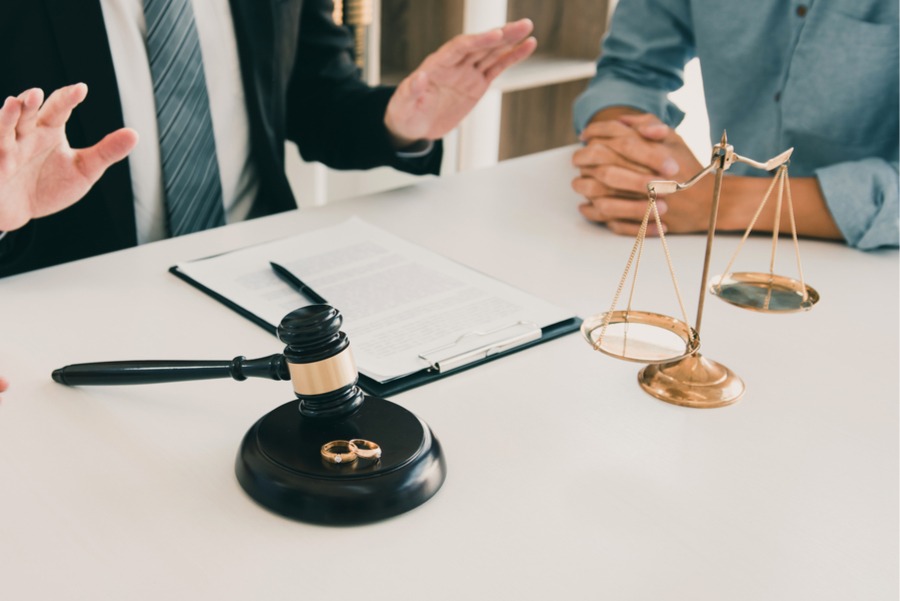Dealing with coverage claims after an accident can be frustrating. Talking to claims adjusters plays a big role in how much your insurance company pays out. The way you communicate can make or break your chances of getting a fair settlement. Many people make mistakes during these talks, like being too emotional or unprepared. These errors often result in denials or low offers. Studies show that nearly 12% of claims are denied, often because of poor communication. Being aware and prepared helps you stay in control and get what you deserve. This guide provides clear, easy-to-follow tips to handle claims discussions confidently and effectively.
Understanding the Role of Insurance Claims Adjusters
What Does a Claims Adjuster Do?
Claims adjusters are the investigators of the insurance world. Their job is to assess your accident, determine damages, and decide how much money the insurer should pay. Some adjusters work directly for the insurance company, known as staff adjusters. Others are independent contractors, called independent adjusters, who work for various companies or offer freelance services. Their main goal? To make sure the insurance company pays only what they believe is fair under the policy.
Why Adjusters Are Not Your Adversaries
Many people think claims adjusters are out to cheat or deny claims. That’s not always true. Adjusters follow policies set by their insurance company. They’re doing their job, which is to protect their company’s interests. Understanding this can help you stay calm and professional. Just like any job, it’s not personal, it’s just how the system works. Building a good, respectful relationship can even help your case.
Common Misunderstandings About Adjusters
Some believe that adjusters intentionally deny claims or offer low payouts to save money. In reality, most are fair and follow the law. They’re trained to focus on facts and evidence. Your goal is to present clear, honest information. Managing your expectations and understanding their role can help you navigate the process more effectively.
Preparation Before Talking to the Adjuster
Collect All Necessary Documents
Before you call, gather everything you need. This includes the police report, accident photos, medical records, and repair bills. Organize your documents so you can easily find what you need. Keep digital copies or store them in a folder to avoid scrambling during the call.
Learn Your Policy Details
Read your insurance policy carefully. Know what’s covered, what the limits are, and what exclusions apply. Keep a copy of your policy handy during conversations. Knowing your coverage helps you understand your rights and avoid surprises later.
Understand Your Rights and Benefits
Laws protect your right to fair claims handling. You’re entitled to a timely response and an honest explanation of decisions. If necessary, consumer protection agencies can offer guidance. Knowing your rights gives you confidence if the process slows down or becomes difficult.
Set Clear Goals for the Conversation
Decide what you want to achieve. Is your goal a fair payout? A clearer understanding of your coverage? Write down your questions beforehand. Being goal-oriented helps you stay focused and ensures you don’t forget important points.
How to Communicate Effectively with a Claims Adjuster
Maintain a Professional and Cooperative Relationship
Start with respect. Be honest and direct. A calm, polite tone builds trust much faster than shouting or blaming. A positive attitude can influence how helpful the adjuster is. Showing cooperation often leads to quicker results.
What to Say and What to Avoid
Use clear, simple language that demonstrates transparency. For example: “I believe this damage is covered under my policy.” Avoid admitting fault or sharing unnecessary details. Don’t let emotions take over—stay respectful and focused.
Strategically Answer Questions
Answer accurately. Be honest, but brief. If you’re unsure about something, it’s okay to ask for clarification. Stay composed, even if questions are tough. Avoid saying anything that might hurt your case later.
Document Every Interaction
Keep notes for every call: date, time, and what was discussed. Follow up important conversations with an email summary. Having written records protects you in case of future disputes and keeps everything organized.
Handling Difficult Situations and Disputes
When to Seek Additional Help
If negotiations stall or feel unfair, it may be time to seek legal advice. In some cases, professionals like public adjusters or attorneys can step in. Recognizing when to ask for help keeps your claim moving in the right direction.
How to Address Denials or Lowball Offers
Don’t accept low offers without question. Review the reasons behind the offer. Gather supporting evidence photos, repair estimates, medical bills and present your case again. If you believe the settlement is unfair, respectfully request a second review or file an appeal.
Dealing with Uncooperative Adjusters
Stay calm if an adjuster is being difficult. Stick to the facts, remain professional, and don’t get emotional. If the behavior continues, ask to speak with a supervisor or file a formal complaint. Persistence shows you’re serious and helps protect your claim.
Final Tips for Successful Claims Communication
Be patient claims can take time. Stay persistent but polite. Never exaggerate or lie about damages. It’s not worth risking your claim or facing legal consequences. If needed, get help from a public adjuster or attorney. Keep your documents organized and review your policy regularly. Knowledge and preparation are your best tools.
Conclusion
Talking to insurance claims adjusters isn’t always easy, but it becomes much more manageable with the right approach. Clear, respectful communication increases your chances of receiving a fair settlement. Prepare your documents, know your rights, and stay calm throughout the process.
Take the time to understand your policy, gather strong evidence, and focus on the facts. With these strategies, you can handle claims confidently and successfully. Review your insurance policy today, collect the necessary paperwork, and begin your claims conversation with clarity and confidence your settlement depends on it.





